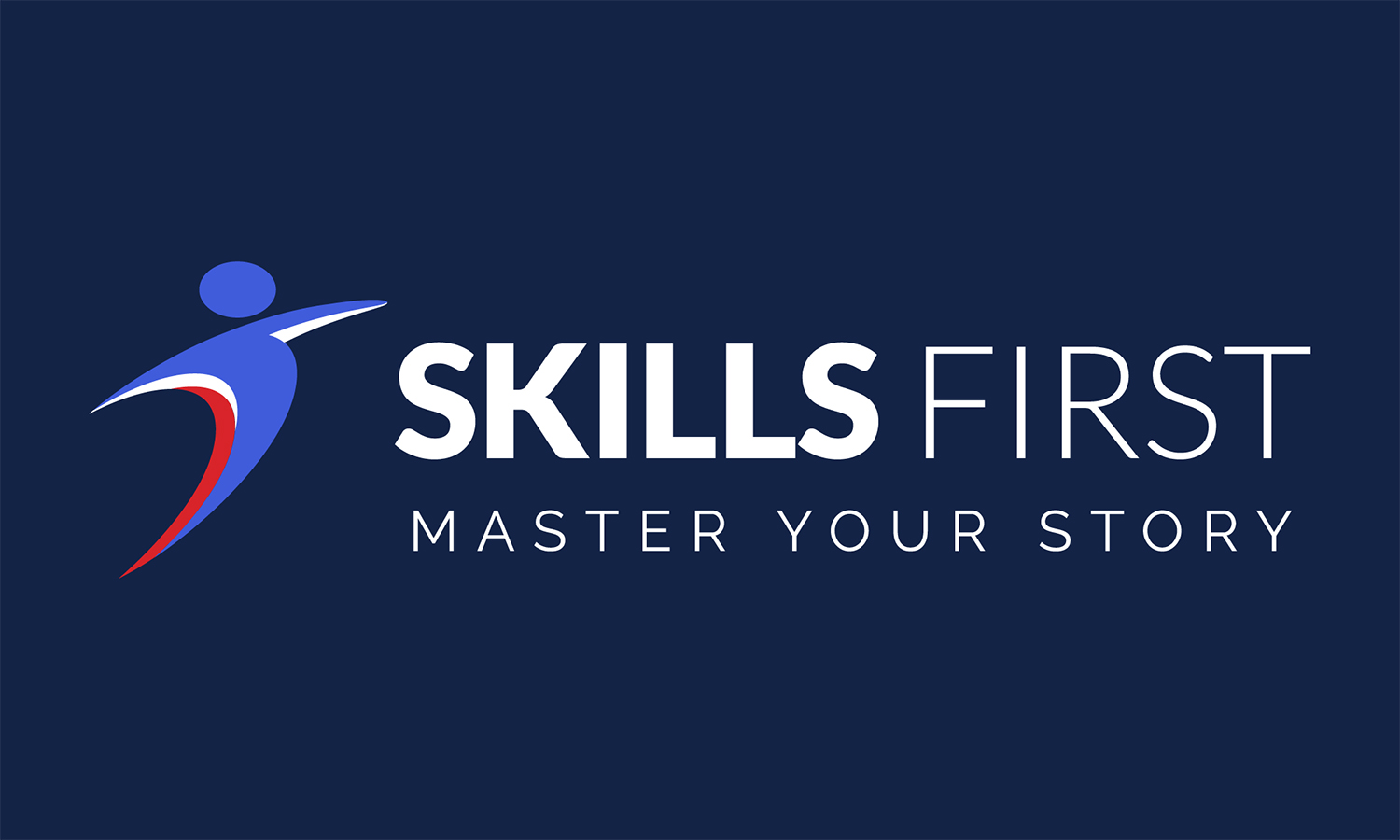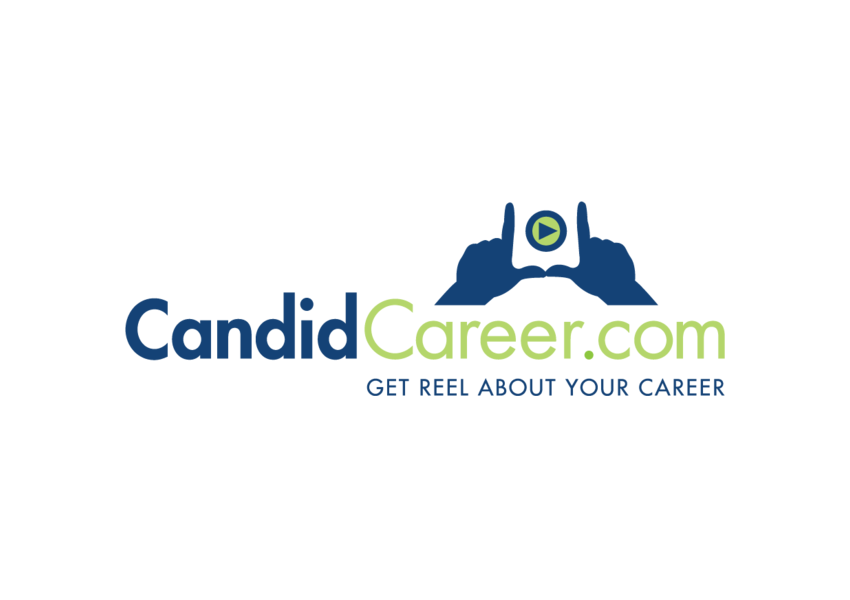
Job Search Assistance for CCM Students
Career Services is available to offer individualized support to students in their job search. Understanding the needs of our diverse student body, we offer flexible modes of service delivery and hours that include two evenings per week.
Career Services Wants to Meet You!
Speak with an office professional about your employment goals and learn how we can help. Ask questions at any time or make an appointment for an in-person or virtual meeting. Find Career Services contact information at the bottom of this page.
Resumes / LinkedIn / Interviews / Letters

Whether you are entering the job market for the first time or are a seasoned worker looking for a change, Career Services can help you present your best. Learn how to identify and communicate your skills and experience in the most effective way, either in print, online or in person!

Make an appointment with a resume specialist or send us a draft of a current resume for recommendations. We will be happy to review it with you. Find our contact information at the bottom of this page. Also consider one of the recommendations below to get you started:
CCM-sponsored SkillsFirst is an interactive online system which provides prompts and suggestions while you create your resume. It also provides a weblink option for your resume. Access code for students: earth. Access code for graduates: world.
Watch resume tips videos through CCM-sponsored: CandidCareer – “Get Hired” section.
Also, LinkedIn is the world’s largest professional network. LinkedIn connects you to your trusted contacts and helps you exchange opportunities, knowledge and ideas with a broader network of professionals. Make an appointment with a Career Services professional staff or check out this article to get started: Build a Professional LinkedIn Profile.

If you have an upcoming interview and feel less than confident or just want some general interview experience, let us help. An in-person or virtual practice interview is available by appointment. Also consider taking a look at the following:
SkillsFirst, an interactive online system to practice your interviewing skills from the comfort of your own location. You control all aspects of your interview practice session, including the interview type, the number of questions, your response format and the interviewer. You can record and save practice interviews, as well as get tips on how to answer interview questions. Access code for students: earth.
Candid Career. Watch interview tips videos through Candid Careers under “Get Hired.”

Make an appointment with a Career Services professional staff or take a look at some of the following options to get started:
- CCM-sponsored: SkillsFirst is an interactive online system which also provides samples and suggestions for a variety of employment-related letters such as a resume cover letter, an interview follow up, a request for a reference and more. Access code for students: earth
- The Cover Letter, excerpt from The Resume, a CCM publication.
- Thank You Notes – a quick reference and letter sample to follow up after a visit to a job fair.
Career Development Events
CCM wants you to have every opportunity to learn about your career options, identify your path and achieve your goals.
Throughout the year, you will find career events, panels, presentations and more, offered to help students make informed career decisions. Watch for notices of events around campus, in your academic department, or listed on the Career Services home page under “On-Campus Recruiting and Career Events.”
CCM’s Interactive Career Tools

The resume builder combines expert advice, high-quality samples and actionable job market information to help create focused, targeted resumes for every job opportunity. Use the integrated O*NET database to target resumes for specific opportunities. Also, over 900 occupation-specific interviews as well as nearly 2 dozen interview types (such as behavioral or the ‘elevator pitch’). There are also 100 hours of professional video coaching.
Visit CCM’s Skills First site to get started!

Candid Career offers career information and advice on getting hired through hundreds of video interviews sorted by industries, career titles and college majors. Students can learn from professionals what it is like to do their jobs and how they got into their field.
Visit Candid Career to get started!

Explore job requirements, earnings, and local opportunities. Browse career clusters that fit your background or interests. Data specific to Morris, Sussex and Warren Counties.
Visit Career Concourse to get started!

“What Can I Do With This Major” is an online resource that connects majors to careers, describes the types of employers and industries that hire people with each major and what you need to be a more marketable candidate.
- Find career options and job titles within your major;
- See the types of employers that hire people in your major;
- Get tips on career strategies and how to make yourself more marketable within your field;
- Find professional associations, and more.
Get started with What Can I Do With This Major?
Developed by the University of Tennessee and sponsored by Office of Career Services and Cooperative Education, County College of Morris.
Becoming Career Ready
Learn about the attributes that employers are looking for today. Ask us how to identify, develop, and document yours!
Teamwork / Collaboration – Build and maintain collaborative relationships to work effectively toward common goals, while appreciating diverse viewpoints and shared responsibilities.
Problem-Solving / Critical Thinking – Identify and respond to needs based upon an understanding of situational context and logical analysis of relevant information.
Leadership – Recognize and capitalize on personal and team strengths to achieve organizational goals. Use interpersonal skills to coach and develop others.
Communication – Clearly and effectively exchange information, ideas, facts, and perspectives with persons inside and outside of an organization.
Professionalism and Work Ethic – Understand and demonstrate effective work habits, exhibit accountability and professional work image, and act in the interest of the larger community and workplace.
Technology – Understand and leverage technologies ethically to enhance efficiencies, solve problems, complete tasks, and accomplish goals.
Flexibility and Adaptability – The ability to react to, keep up with, and adjust to changing circumstances in the workplace. Demonstrate resiliency, and openness to feedback.
Time Management – The ability to manage competing priorities, hold oneself accountable for progress, manage workloads, set realistic goals, and build productive habits.

Need Help Deciding on a Major/Career?
Career counseling through the Counseling and Wellness Center assists students in career decision-making and choosing of appropriate major. Also recommended is MyNextMove – A career decision-making system sponsored by the US Department of Labor.
Contact Career Services
Phone: 973-328-5245
Email: career-services@ccm.edu
Office: Student Community Center, SCC 118
Office Hours
Monday: 8:30 a.m. – 6:30 p.m.
Tuesday: 8:30 a.m. – 4:30 p.m.
Wednesday: 8:30 a.m. – 4:30 p.m.
Thursday: 8:30 a.m. – 6:30 p.m.
Friday: 8:30 a.m. – 4:30 p.m.